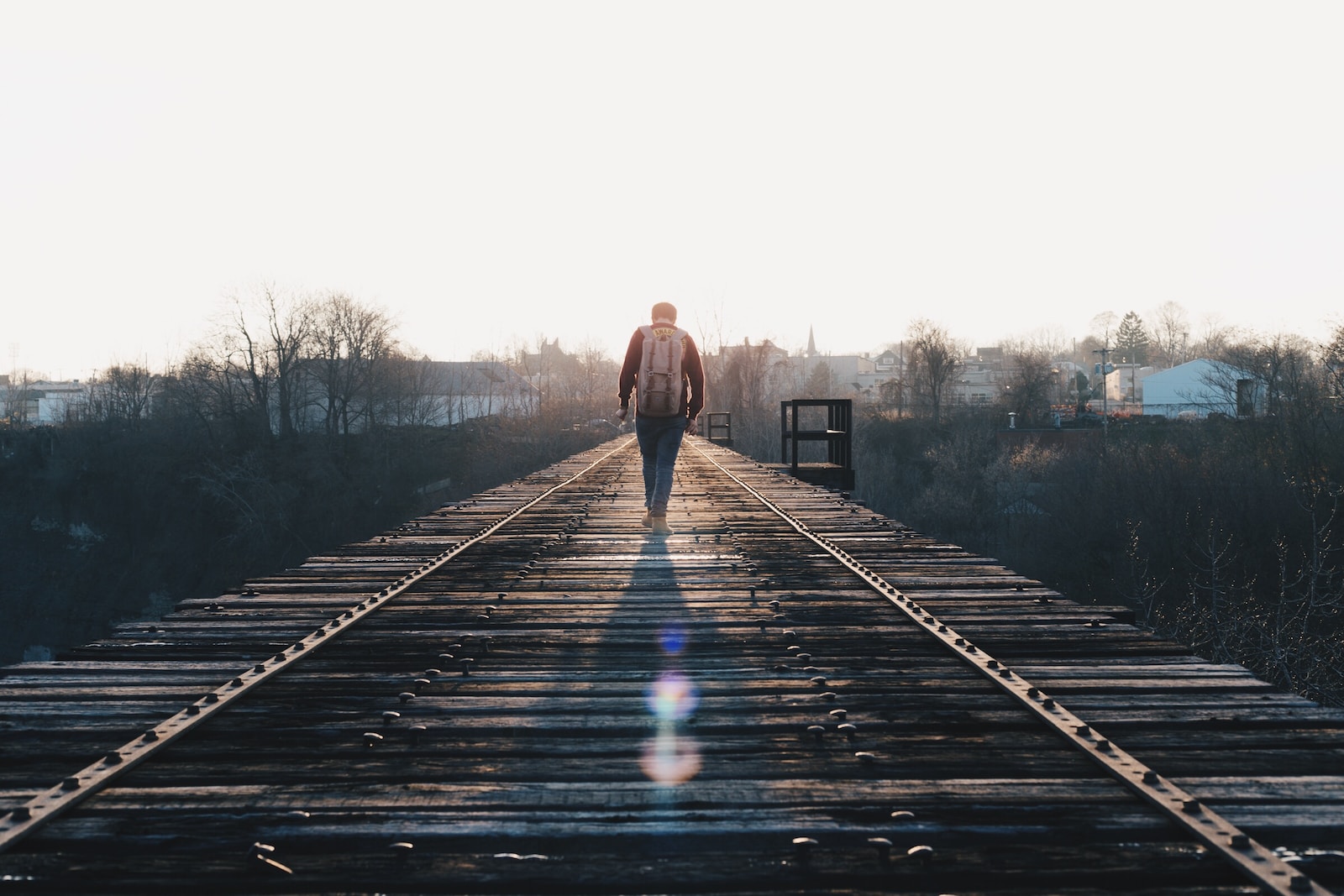Exposure to THC led to decreased social interactions for up to 24 hours in mice, new research found.
“Humans and their brains and minds are shaped, and normally function, in continuous interaction with other people. Needing each other is not limited to our inner circles, our families, and our close friends. We need each other on so many levels.
Studies have shown that marijuana can help patients feel less lonely and depressed, but that doesn’t equate to cannabis making you a social butterfly. In fact, a new study found the opposite — habitual marijuana use could cause users to become less sociable than others.
The research, published in Nature, was led by Giovanni Marsicano at NeuroCentre Magendie in Bordeaux, France. His team wanted to better understand how cannabinoid receptors works and how they interact with marijuana compounds. Previous studies established that cannabinoid receptors are primarily localized in the cell membrane.
RELATED: How Introverts Can Use Cannabis To Cope With Social Anxiety
But Marsicano and his team discovered in 2012 that some receptors exist in mitochondria, which are known as the powerhouses of the cell and provide much of the energy cells need. Along the mitochondria membrane lie little star-shaped cells called astrocytes. These astrocytes “take up glucose from the bloodstream to provide energy to the brain, thereby allowing neuronal activity and behavioral responses,” wrote the study’s authors.

Mariscano and his team had an idea: If these astrocytes contained cannabinoid receptors, how exactly did they interact with marijuana?
“Given the importance of astrocytes and energy use for brain function, we wanted to understand the role of these specific cannabinoid receptors and the consequences for the brain and behavior when exposed to cannabis,” Marsicano said.
RELATED: The Difference Between Marijuana, Hemp And Cannabis
When researchers gave mice THC, the psychoactive cannabinoid in cannabis, it caused a cascade of molecular processes. That included dysfunction of glucose metabolism in astrocytes, which reduced the cell’s ability to transform glucose into food. Without the added energy, scientist found the animals had decreased social interactions up to 24 hours after introducing THC into their systems.
“Our study is the first to show that the decline in sociability sometimes associated with cannabis use is the result of altered glucose metabolism in the brain,” said Marsicano. “It also opens up new avenues of research to find therapeutic solutions to alleviate some of the behavioral problems resulting from exposure to cannabis. In addition, it reveals the direct impact of astrocyte energy metabolism on behavior.”


